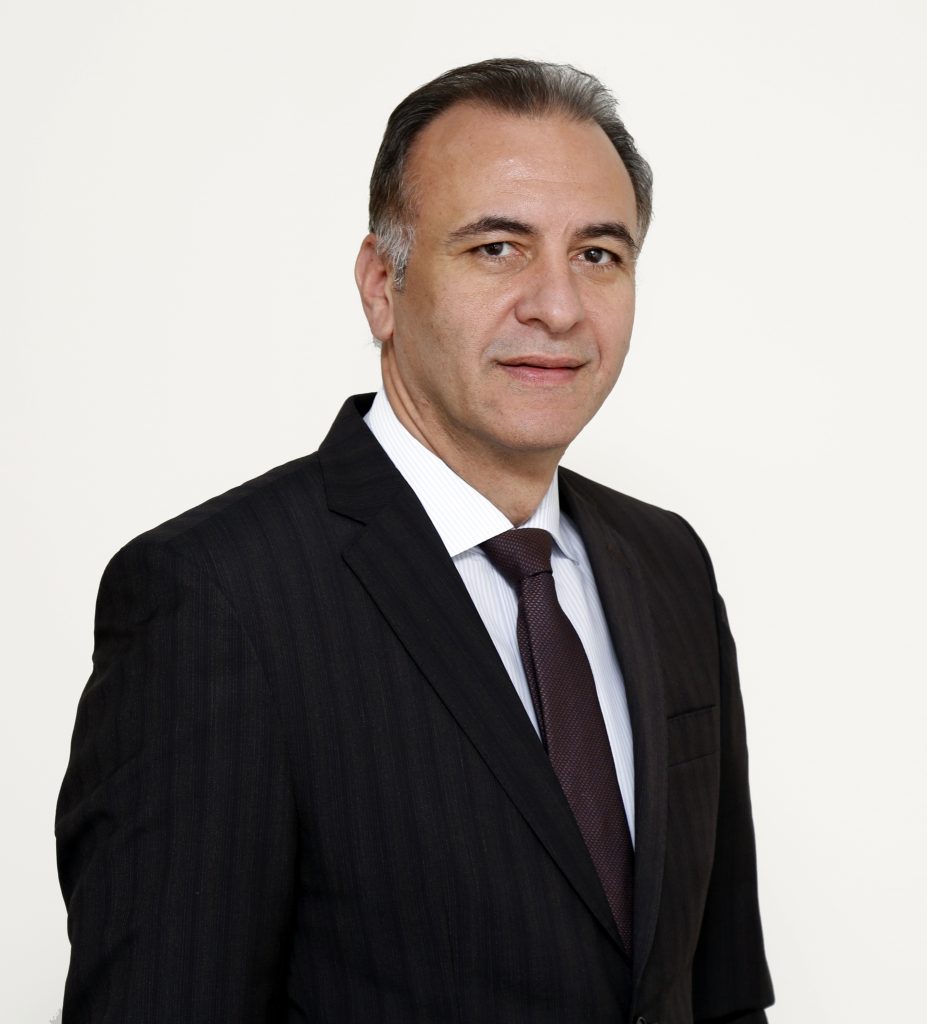Ashraf Al-Garf was named CEO of Projacs in August this year, before which the project management company was 51% acquired by international engineering firm, Egis. After a merger and a new leadership role, Al-Garf throws light on construction management in the region and the benefits of collaborating
In recent times, there have been a lot of mergers and acquisitions (M&A) in the construction industry. How do such deals affect management and how has this worked out for Projacs?
M&A is all about increasing value of the new created entity when compared to the value of each company separately. That being said, practicing it is a whole other ball game.
Does this bring better management? Well first, we have to make sure the M&A process was done properly, which means ensuring an appropriate due diligence exercise was executed, an engagement of the buyer and seller management and employees was accounted for during the process.
In Projacs’ particular case, we experienced many synergies, compatibilities and complementarities in our merger process. A project manager (from Projacs) joining forces with an international engineering firm (Egis) added value to both operations. In addition, Egis is internationally known as the leading engineers in infrastructures, roads and rail sectors that we – Projacs – were not covering. Thus the new merger opened new spectrums for us.
What is knowledge management and how does it work in the GCC? In a business context, knowledge is what employees know about their customers, each other, products, processes, mistakes, and successes, whether that knowledge is tacit or explicit. Knowledge management is a systematic effort that enables information and knowledge to grow, flow, and create value. Organisations implement KM programmes to institutionalise and promote knowledge-sharing practices.
There is a growing realisation by leading organisations in the region of the real value knowledge management provides.
Could you tell us about Projacs Academy and the KM Conference organised in November 2015?
In 1984 Projacs introduced the Projacs Academy to further cultivate the construction industry’s awareness of Project Management.
This year Projacs Academy partnered up with APQC, a knowledge management (KM) company, to bring the foremost KM Conference in the US to Dubai. This is the first time the conference is held outside of the US. The conference took place on 18-19 November 2015 at the Ritz-Carlton DIFC.
Through workshops and keynote presentations, the 2015 APQC MENA Knowledge Management Conference provided attendees an understanding of what knowledge management is, why KM is good business, how to build a business case for KM and how KM supports an organisation’s core processes. This conference invited some of the foremost experts in KM that represent leading global organisations, such as Microsoft and NASA, to participate as keynote speakers and panelists.
What are some of the serious problems in the regional construction market that need to be addressed?
With expected projects over $100bn in 2016, the construction industry in the GCC is a major contributor the economy of those countries. The construction sector envisaged a huge development over the past few years, however we are still working on reducing the gap between our best practices here and what we see in the West. The empowerment of new techniques in the industry is something that we lack here (such as BIM) and we are, with other colleagues and governmental agencies, working on this.
Human resources is also a very important element in the West which ensures the continuous success of an organisation, theGCC lacks focus in this area. Training and career development are very important in the region to prepare the experienced and capable personnel to face the mega projects we build in here.
In addition, other minor variances such as approvals and lifecycle of projects could positively affect the construction industry in our region.

